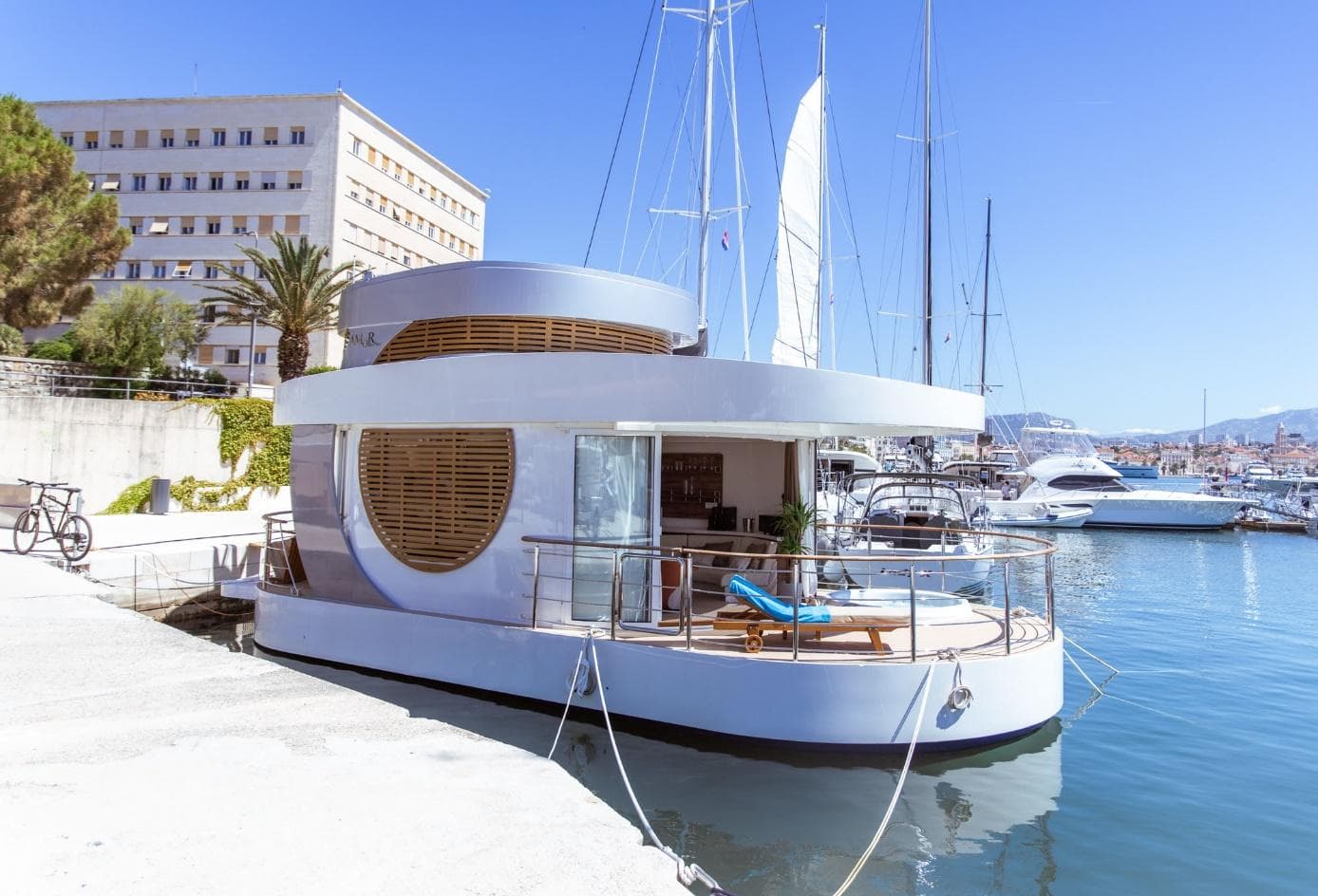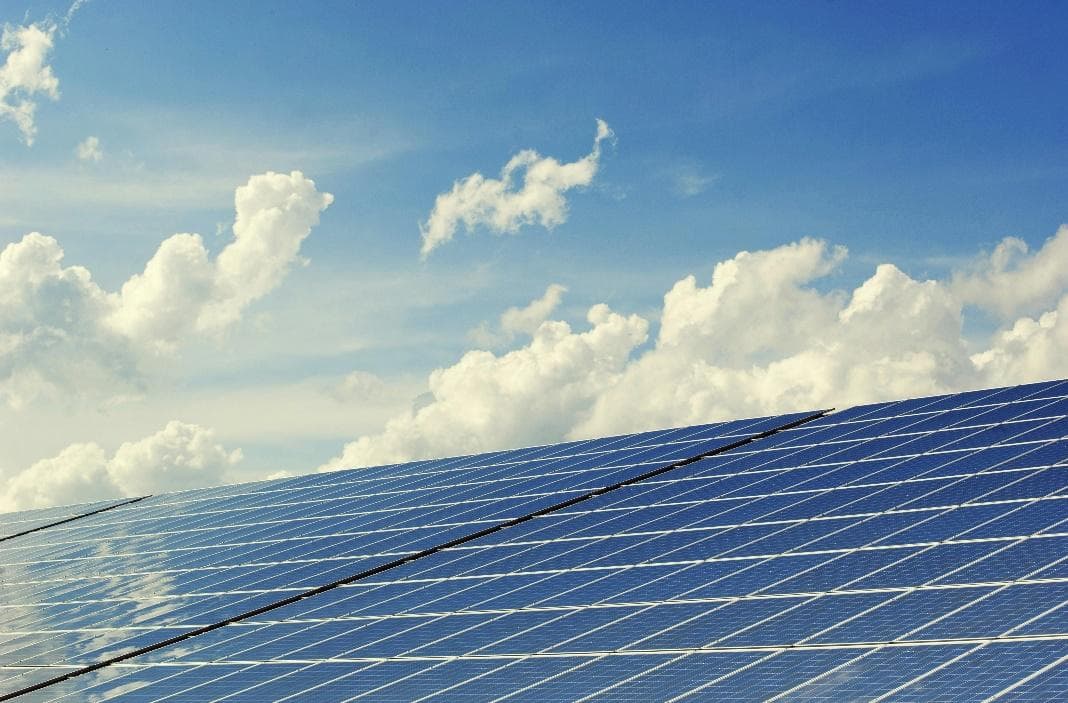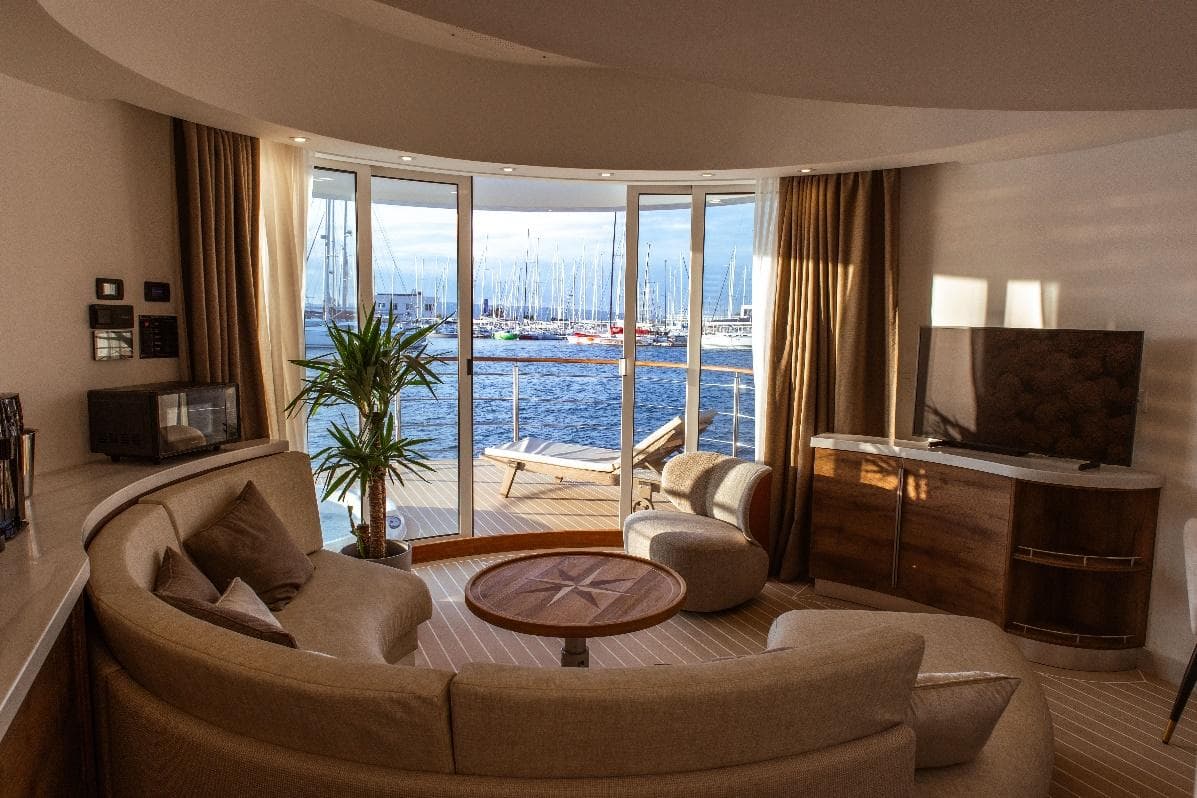The Future of Living or a Luxurious Adventure?
In an ever-evolving world where the demand for sustainable and unique living solutions continues to rise, floating homes have emerged as a captivating alternative to traditional housing. Once considered an unconventional lifestyle, these innovative residences are gaining popularity among homeowners and investors alike. But are floating homes merely a luxurious adventure, or do they represent the future of modern living? Let's explore the growing appeal of floating homes and their advantages.

Source: Oasis Meu
The Rise of Floating Homes
Floating homes are not new; houseboats and waterborne living structures have existed for centuries in various cultures worldwide. However, recent advancements in construction techniques, materials, and environmental awareness have revitalized interest in these dwellings. As urban populations grow and available land becomes increasingly scarce, floating homes provide a viable solution that combines sustainability, affordability, and an unparalleled connection to nature.
Cities like Amsterdam, Seattle, and London have embraced floating neighbourhoods, demonstrating the potential of water-based communities. In many cases, these homes are anchored in designated marina areas, providing the benefits of city life while offering a peaceful escape from the hustle and bustle.
Sustainability and Environmental Benefits
One of the most compelling reasons floating homes are considered the future of living is their eco-friendly potential. These homes can be designed sustainably, incorporating solar panels, rainwater collection systems, and energy-efficient insulation. Because they are built to float, they do not require traditional foundations, reducing their environmental footprint and impact on natural landscapes.

Source: Pixabay
Additionally, floating homes can be positioned in areas where rising sea levels and flooding pose a risk to conventional structures. Instead of battling nature, these homes adapt to changing environmental conditions, making them a forward-thinking solution to climate change.
The Unique Lifestyle of Floating Homes
A Serene Escape Living in a floating home offers a distinctive lifestyle that appeals to those seeking serenity and a closer relationship with nature. Waking up to the gentle water sway, watching sunrises over the lake or sea, and enjoying panoramic waterfront views every day is an unparalleled experience.

Source: Pixabay
Beyond the aesthetics, floating homes also provide a sense of community among like-minded individuals who love water-based living. Many floating home communities have a close-knit atmosphere where neighbours support each other, fostering strong social connections. Additionally, water activities such as kayaking, paddleboarding, and fishing become a part of daily life, promoting a healthier and more active lifestyle.
Investment Potential and Economic Considerations
The financial benefits can be significant for those considering floating homes as investments. As waterfront properties are in high demand, floating homes often provide a more affordable entry into this exclusive market. Depending on the location, purchasing a floating home can be more cost-effective than buying traditional waterfront real estate, making it an attractive option for homeowners and investors.
Furthermore, floating homes present lucrative opportunities for short-term rentals. Tourists and travellers seeking unique accommodations are willing to pay a premium for the experience of staying on the water. Platforms like Airbnb have made it easier than ever for floating homeowners to capitalize on this demand and generate passive income. However, it's important to consider the costs of maintenance and the potential return on investment when using a floating home as a rental property.
Challenges and Considerations
While floating homes offer numerous advantages, there are also challenges to consider. The availability of docking locations, legal regulations, and maintenance requirements vary from place to place. Prospective buyers should research zoning laws and marina policies to ensure compliance with local regulations.
Additionally, maintenance is an ongoing responsibility. Floating homes require regular inspections to check for wear and tear, especially on flotation systems and anchoring mechanisms. Understanding these commitments is essential for anyone considering this lifestyle.
The Future of Living?

Source: Oasis Meu
So, are floating homes the future of living or simply a luxurious escape? The answer lies somewhere in between. For some, they represent an eco-friendly and innovative solution to urban housing challenges. For others, they offer a unique, dreamlike experience combining luxury and nature. As cities continue to evolve and sustainability becomes a priority, the appeal of floating homes is expected to grow.
Whether as a primary residence, a vacation retreat, or an investment opportunity, floating homes present a fascinating alternative to traditional housing. Living on the water may be the future for those who value freedom, sustainability, and an exceptional way of life.